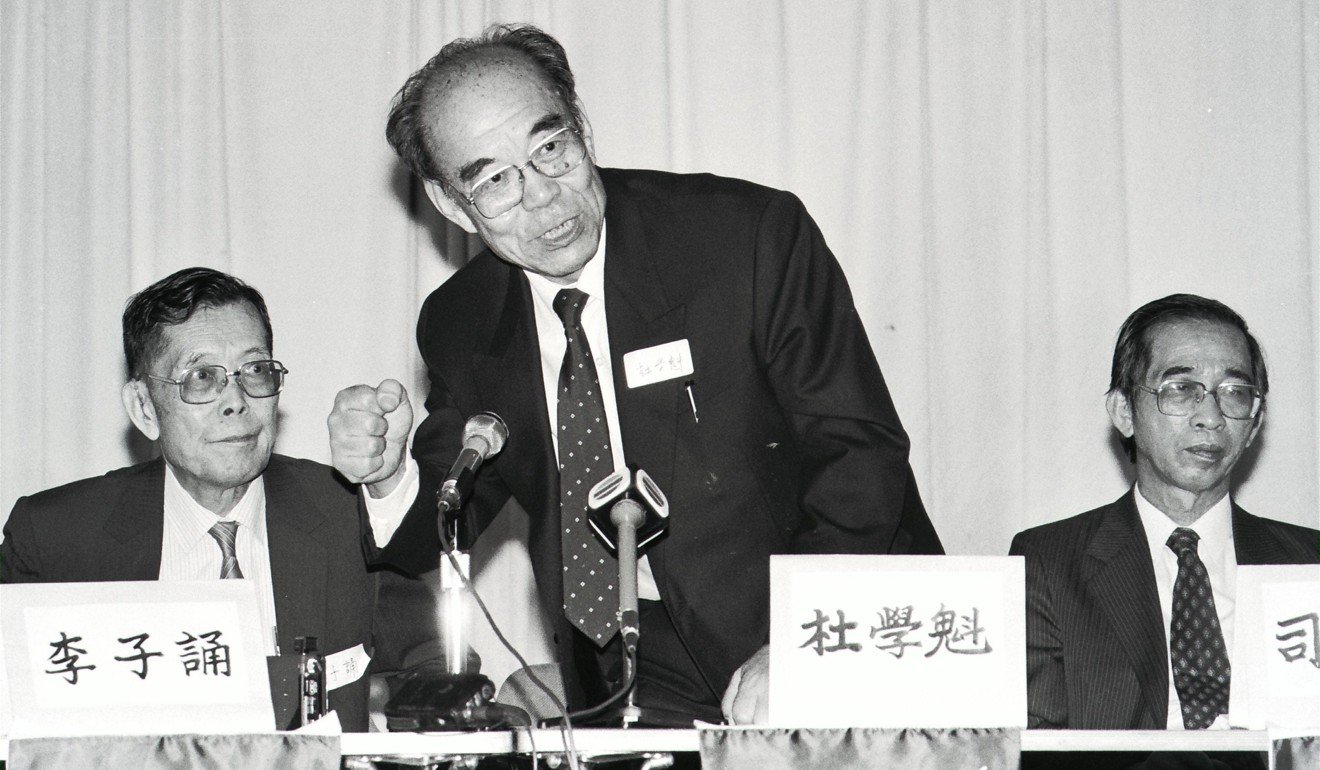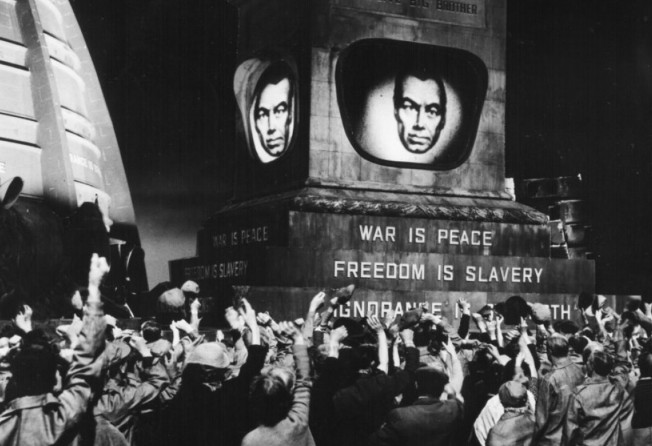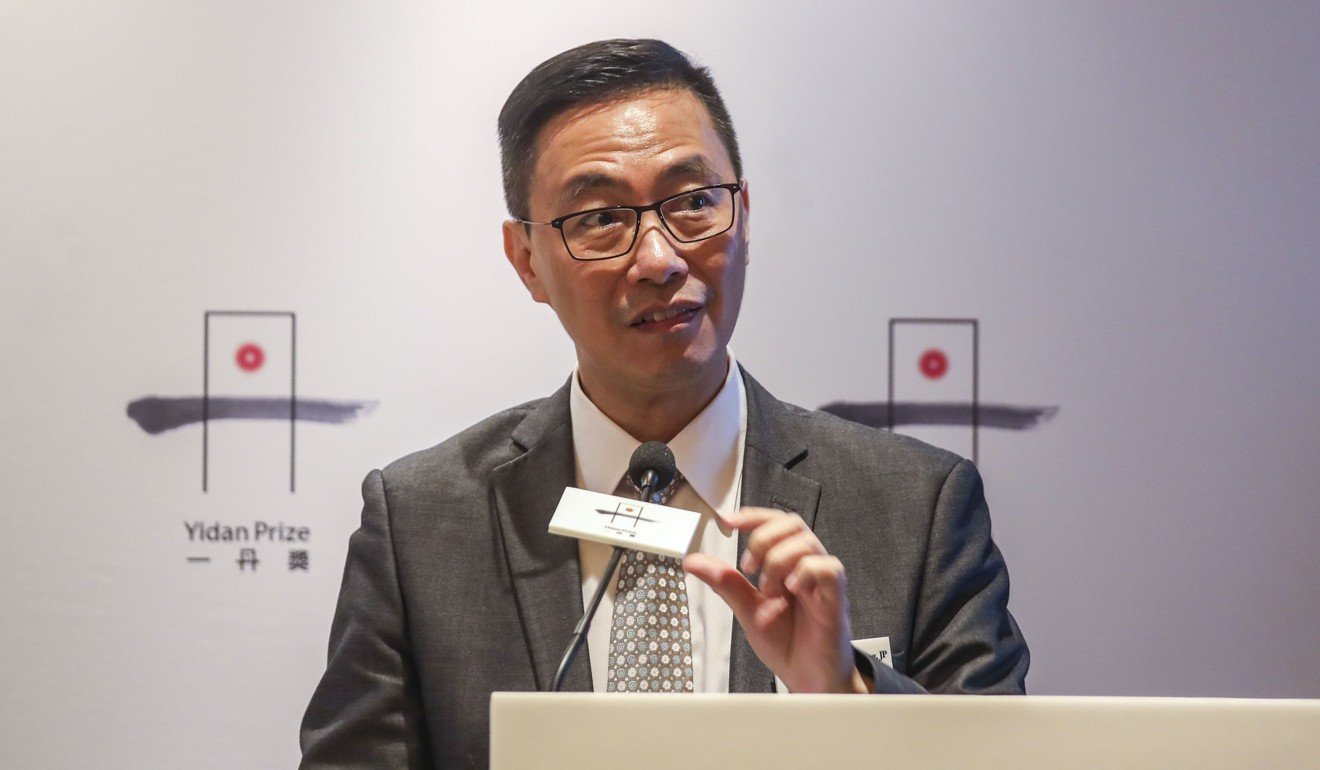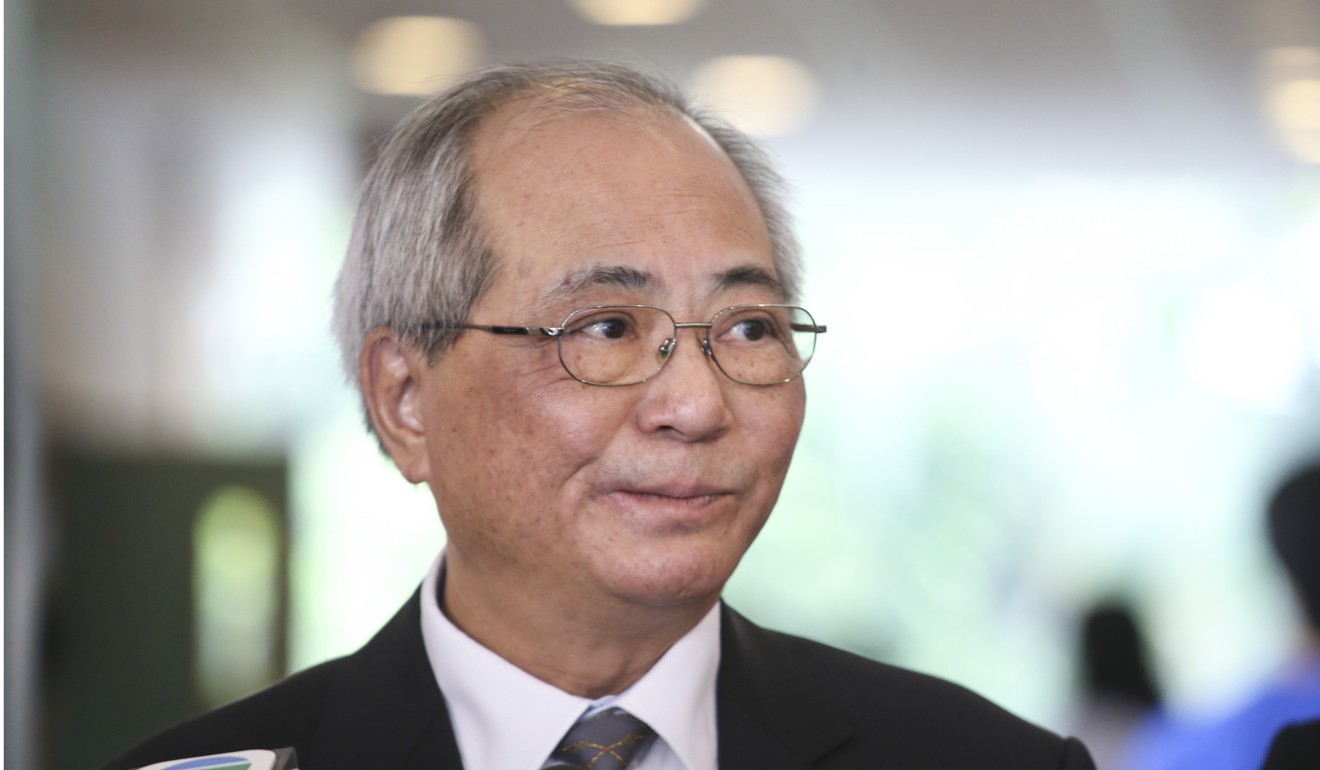
Latter-day Leninists bent on rewriting Hong Kong history - at least we can speak out against them ... for now
- Hongkongers once led protests against revisionist Japanese history books, yet today the man in charge of city’s schools says China never lost sovereignty over Hong Kong
- English essayist George Orwell wrote of sinking ‘to a depth at which restatement of the obvious is the first duty of intelligent men’. Hong Kong has reached that point

In the 1980s and 90s, the politically motivated revision of Japanese school history textbooks caused a furious uproar among teachers, academics and public intellectuals across East Asia. These new versions of the recent past deliberately downplayed – and in some instances flatly denied – the incontrovertible evidence of Japanese militarism in the 30s and 40s, first in China and then in Southeast Asia and the Western Pacific.
In Hong Kong, well-articulated, fact-based public rebuttals were swiftly orchestrated by respected teachers with undisputed Chinese patriotic credentials. Leading the charge were Andrew Tu Hsueh-kwei (husband of redoubtable social activist Elsie Tu) and school principal-turned-legislator Szeto Wah – both of whom were old enough to remember the Pacific war years as adults. Angry protests also occurred in places such as Korea, which had direct experience of Japanese colonialism.

While the Japanese textbook revision controversy continues to reverberate, some Hong Kong “educators” clearly learned nothing from the episode. Hong Kong Secretary for Education Kevin Yeung Yun-hung recently parroted an extraordinary alternative history: China never lost sovereignty over Hong Kong in the first place. By extension, references to the 1997 “return” or “handover” of sovereignty from Britain to China are redundant.
Neatly ignored by these comments was the basic fact that three international treaties – the Treaty of Nanking in 1842 (which ceded Hong Kong Island to Britain “in perpetuity”), the Treaty of Tientsin in 1858 (which ceded the Kowloon peninsula and Stonecutters Island under similar conditions), and the Convention of Peking in 1898 (which leased what became the New Territories for 99 years) – were signed by representatives of Britain and China.

Unequal or otherwise, these internationally acknowledged treaties directly created present-day Hong Kong. If sovereignty was never lost, then why is Hong Kong - at least for now - so fundamentally different from the rest of China? Well-documented historical evidence for more than one-and-a-half centuries of a common-law based legal system and judiciary, use of English as an official language and in education, foreign police - the lengthy list of blindingly obvious differences goes on.
All this arrant nonsense should merely provoke contemptuous amusement – except that, in a vote of no confidence in the education system he now oversees, Yeung, just like his unlamented predecessor, Eddie Ng Hak-kim, chose to absent his own children from participation in it. They attended a local international school; according to their father’s reasoning, this was because of an inability to re-adapt to the local education system after his earlier Australian posting.
And still Hong Kong officialdom seems surprised, hurt and bewildered at the level of public distaste with which they are regarded.

In a collection of George Orwell’s essays, Facing Unpleasant Facts (1986), the writer bleakly notes: “We have now sunk to a depth at which restatement of the obvious is the first duty of intelligent men.” Today’s Hong Kong is now in that unhappy place. As any clear-eyed observer must sadly note, the bare facts of local history are simply what those currently in power proclaim them to be. So far, so Leninist; pinched-nosed, pursed-lipped disdain is the thinking public’s last resort when confronted with such nonsense. But, ultimately, neither Yeung nor his superiors are personally responsible for their publicly expressed “thoughts”.
At the least, public disgust at official twisting of facts can still be voiced while Hong Kong retains some semblance, however gradually dwindling, of free speech.
Editor’s note: When this column was initially published, a technical error meant that the paragraphs beginning, “Unequal or otherwise ...”, and “In a collection of George Orwell’s essays ...” did not appear. They have been reinstated. We apologise for this oversight.